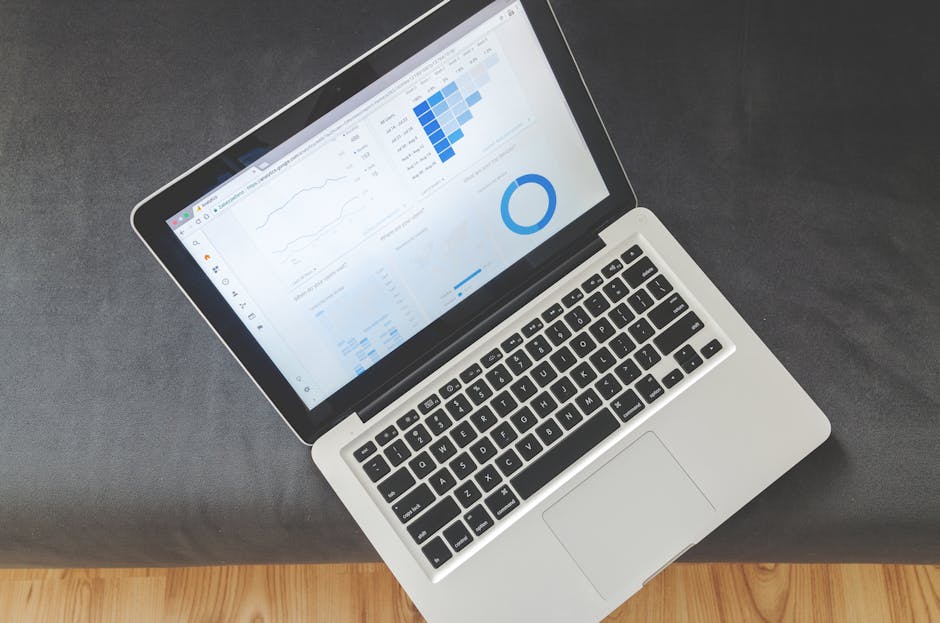**
In today’s fast-paced world, businesses are continually seeking ways to leverage technology to gain a competitive edge. Enter 빅데이터와 비즈니스 인텔리전스—two powerful concepts transforming how companies operate and make decisions. But what exactly do these terms entail, and how can they be harnessed for business success? Let’s dive in!
What is 빅데이터 and Why is it Important?
Before we delve into its applications, it’s essential to understand what 빅데이터 is. In simple terms, Big Data refers to the vast volumes of structured and unstructured data generated every second by businesses and consumers. This data, when properly analyzed, can reveal patterns, trends, and associations, especially relating to human behavior and interactions.
The Role of 데이터분석 in Big Data
Data analysis is the cornerstone of Big Data. It involves examining large data sets to uncover hidden patterns, correlations, and other insights. Here’s why 데이터분석 is crucial:
- Helps in understanding customer preferences and behaviors.
- Optimizes business processes for better efficiency.
- Facilitates innovation by revealing new market trends.
How 비즈니스 인텔리전스 Transforms Decision-Making
비즈니스 인텔리전스 (BI) takes the insights derived from Big Data and turns them into actionable intelligence. But how does it improve 의사결정?
Enhancing Strategic Planning with 비즈니스 인텔리전스
BI tools help businesses in:
- Identifying market trends and patterns through predictive analytics.
- Improving operational efficiency by streamlining processes.
- Reducing risks by anticipating potential challenges.
BI and 데이터시각화: A Winning Combination
One of the most critical aspects of BI is 데이터시각화. It involves presenting data in graphical formats like charts and graphs, making it easier to understand complex data sets. Visualization helps in:

- Quickly identifying trends and outliers.
- Communicating data-driven insights effectively to stakeholders.
- Facilitating quicker and more informed decisions.
Applications of 빅데이터와 비즈니스 인텔리전스 in Various Industries
These technologies are not confined to just one sector. Here’s how different industries are leveraging them:
Retail: Personalizing the Shopping Experience
In retail, companies use Big Data to:
- Analyze customer purchase patterns to recommend products.
- Optimize supply chain management.
- Enhance customer service through personalized interactions.
Healthcare: Improving Patient Outcomes
In healthcare, BI and Big Data are used for:
- Predicting patient admissions and optimizing staffing.
- Providing personalized treatment plans based on data analysis.
- Reducing costs by identifying inefficiencies in processes.
Finance: Mitigating Risks and Enhancing Security
The finance sector uses these technologies to:
- Detect fraudulent activities through pattern analysis.
- Assess credit risks more accurately.
- Optimize investment strategies by analyzing market data.
Challenges in Implementing 빅데이터와 비즈니스 인텔리전스
While the benefits are immense, there are challenges too:

Data Privacy and Security Concerns
With large volumes of data comes the responsibility to protect it. Companies must ensure robust security measures to safeguard sensitive information.
Integration with Existing Systems
Integrating new BI tools with existing legacy systems can be complex and costly. Proper planning and execution are essential for a smooth transition.
Future Trends in 빅데이터와 비즈니스 인텔리전스
The landscape of data utilization is ever-evolving. Let’s explore upcoming trends:
Artificial Intelligence and Machine Learning
AI and ML are set to revolutionize BI by automating data analysis, providing deeper insights, and offering predictive capabilities.
Real-Time Data Processing
The demand for real-time data analysis is growing. Businesses want to make instant decisions, requiring systems that can process and analyze data as it comes in.

Cloud-Based BI Solutions
Cloud technology offers scalable and flexible BI solutions, making it easier for businesses to manage and analyze data without heavy infrastructure investments.
Conclusion: Harnessing the Power of 빅데이터와 비즈니스 인텔리전스
In conclusion, 빅데이터와 비즈니스 인텔리전스 are transformative forces in today’s business landscape. By leveraging these technologies, businesses can make informed decisions, optimize operations, and gain a competitive advantage. As these fields continue to evolve, staying updated with the latest trends and technologies will be crucial.
What are your thoughts on 빅데이터와 비즈니스 인텔리전스? How are you using data in your business operations? Share your experiences in the comments below or share this post with your network!
